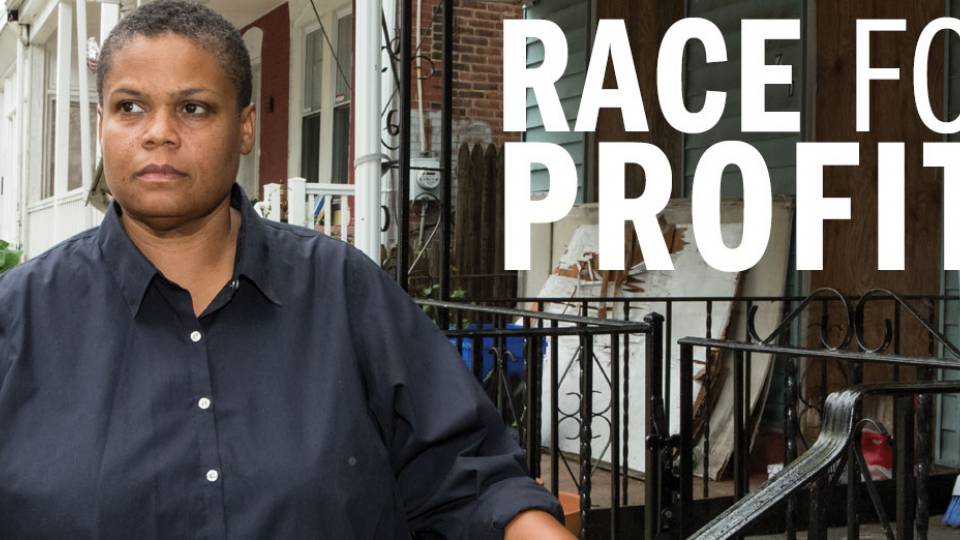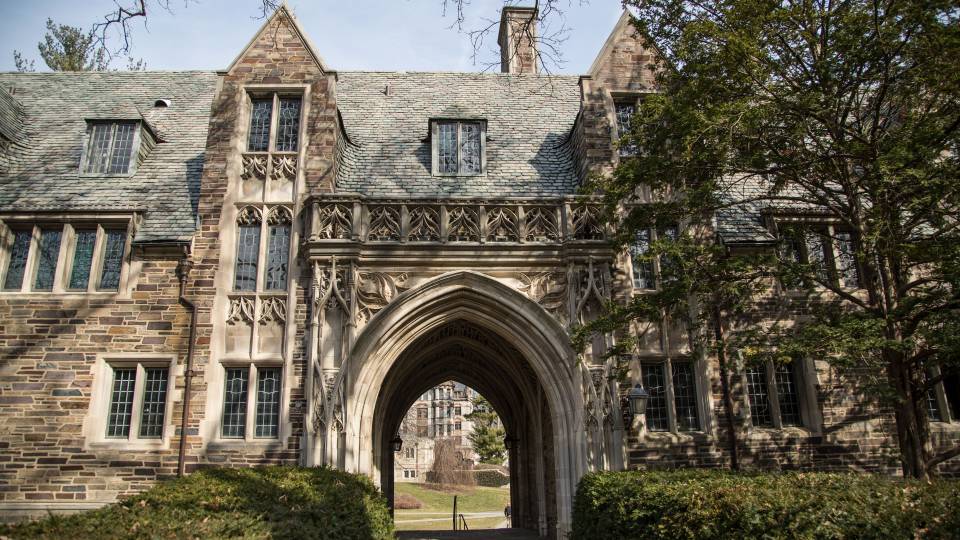A decade of research by Princeton Professor Martin Gilens offers a detailed picture of how the affluent have significantly more influence over federal government policy than do low-income or middle-class Americans.
In this video, Gilens, a professor of politics who joined the Princeton faculty in 2003, discusses the findings of the research. The work is the subject of his recent book, "Affluence and Influence: Economic Inequality and Political Power."

Play the "Insights With Martin Gilens" video.
"The degree of inequality in influence over government policy is enormous," Gilens said. "I didn't expect low-income Americans or the middle class to have as much influence as the affluent. Nevertheless, the extent of the inequality is enormous and when preferences diverge — so when the policy preferences of the affluent differ from those of the middle class or the poor — what you see is significant influence by affluent Americans over policy outcomes and essentially no influence by people with less income."
Gilens, aided by a team of research assistants, studied survey questions from the 1960s to the present that asked Americans whether they would support or oppose specific changes in federal government policy. Those answers, combined with income data on respondents and information on how policies did or didn't change, provided the basis for the analysis of policy influence based on income.
Contributions to political campaigns, lobbying efforts and interest groups are a significant factor in the disparity, Gilens said. "It's very clear that it's the people at the very high end of the economic distribution who are contributing the vast bulk of the money that permeates our politics," Gilens said.
The issue is an important one to address, he said.
"There is certainly the potential for a vicious cycle where as the power of the affluent to shape policy increases, then the resources those same people have increase as well," Gilens said. "As income becomes more and more concentrated into the hands of smaller and smaller numbers of Americans, the ability of those people to shape policy in ways that enhance their economic interests increases."
The work that underlies "Affluence and Influence" fits into Gilens' broader research interests in representation, public opinion and mass media, especially in relation to inequality and public policy. Gilens is also the author of the 1999 book "Why Americans Hate Welfare: Race, Media and the Politics of Antipoverty Policy." He has published on political inequality, mass media, race, gender and welfare politics in a range of academic journals. Gilens is a faculty associate of the Center for the Study of Democratic Politics at the Woodrow Wilson School of Public and International Affairs.
He has recently taught classes including "Mass Media and American Politics," "Survey Analysis" and "Self-Interest and Other Regardingness."
Before coming to Princeton, Gilens was on the faculty of the University of California-Los Angeles and Yale University. He earned his undergraduate degree from the University of California-Santa Cruz and his Ph.D. from the University of California-Berkeley.






